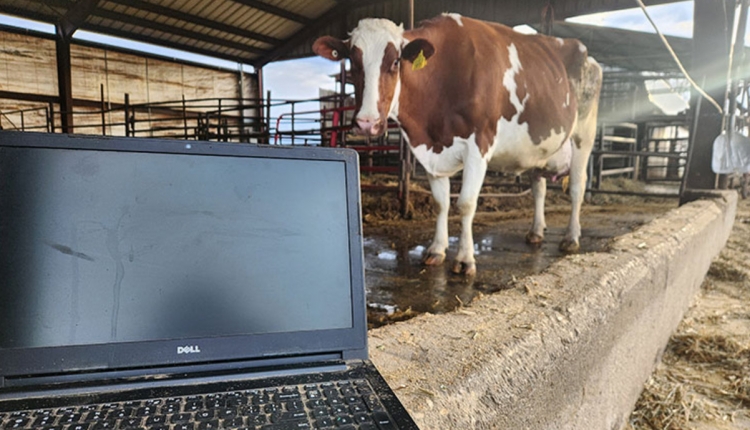With the recent events of an earthquake and tsunami, the safety of the human food supply in Japan is getting much attention. The World Health Organization official claims the food safety situation is "more serious" than originally thought.
On Sunday, the sale of milk (and spinach) from Fukushima Prefecture was banned because of detected levels of radioactive iodine and cesium (above government limits). Fukushima is northeast of Tokyo and has Japan's fourth largest farmland base. It is a top producer of fruits, vegetables, and rice. The recent events in Japan are obviously affecting the residents of the country but will also have significant effect on its agricultural community and the farmers who live and work on their farms.
Early tests of milk showed elevated levels of iodine and cesium. Initially, dairy cows within 18 miles of the nuclear power plant had tainted milk, but that area of concern may be growing to cover a larger area. And you may wonder why Iodine and cesium . . . These are by-products of nuclear reactors. Iodine-131 has a radioactive half-life of eight days, while cesium-137's half-life is about 30 years. The constant monitoring of the food supply will ensure that consumer health is a priority.
"Japanese people in grocery stores are paying more attention to where their food is coming from, and we think this is a wise practice," commented Peter Cordingley of the World Health Organization.
Food continues to be the backbone of all societies, from those that produce it to all who consume it. Regulations are in place to see that consumers consistently receive a healthy and safe product. On your next visit to the grocery store, be appreciative and confident in the safe food you are purchasing and consuming. Then, think of the Japanese citizens who may be struggling in their buying decisions.









